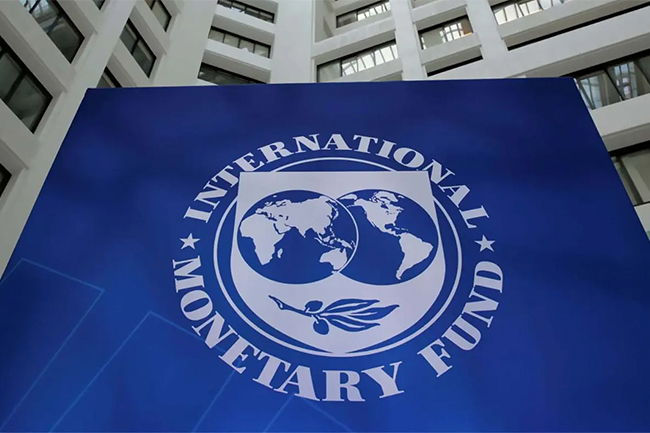Sri Lanka is likely to clinch an agreement in the next several days that would help it tap more funds from the International Monetary Fund even though it’s still trying to firm up negotiations with creditors on debt restructuring.
Officials from the South Asian nation and the IMF are close to reaching a staff-level agreement following talks in Morocco this week, according to people involved in the discussions, who asked not to be identified because the matter isn’t finalized yet. Only a few outstanding issues remain, one person said, declining to provide more detail.
The IMF is assessing Sri Lanka’s progress toward meeting economic targets and reform goals set under the nation’s $3 billion bailout package. A staff-level agreement is the first step needed in order for a second tranche of $334 million in loans to be disbursed.
Sri Lanka needs that deal, as well as separate agreements with its creditors on restructuring terms that also align with the program’s debt sustainability criteria, before the IMF board signs off on the next round of funding.
The debt restructuring talks with creditors from the Paris Club and other lenders are also taking place in Morocco this week at the IMF-World Bank annual meetings. The official creditors committee had aimed to sign a memorandum of understanding with Sri Lanka this week, although an announcement is looking increasingly unlikely, according to people familiar with the situation, who asked not to be identified.
Failure to conclude talks on the debt restructuring this week won’t halt the IMF funding program, although it may delay its progress.
Sri Lanka’s central bank Governor Nandalal Weerasinghe and Junior Finance Minister Shehan Semasinghe, who are in Marrakech this week, didn’t respond to questions seeking confirmation. IMF officials in Colombo weren’t immediately available for comment.
Separately, Sri Lanka reached an agreement with Export-Import Bank of China to restructure $4.2 billion of debt. The government said it hoped the agreement would be an “anchor” for talks with other bilateral creditors and holders of the nation’s bonds, and would allow the IMF to approve the second tranche of funding to the country.
Source – Bloomberg
– Agencies














